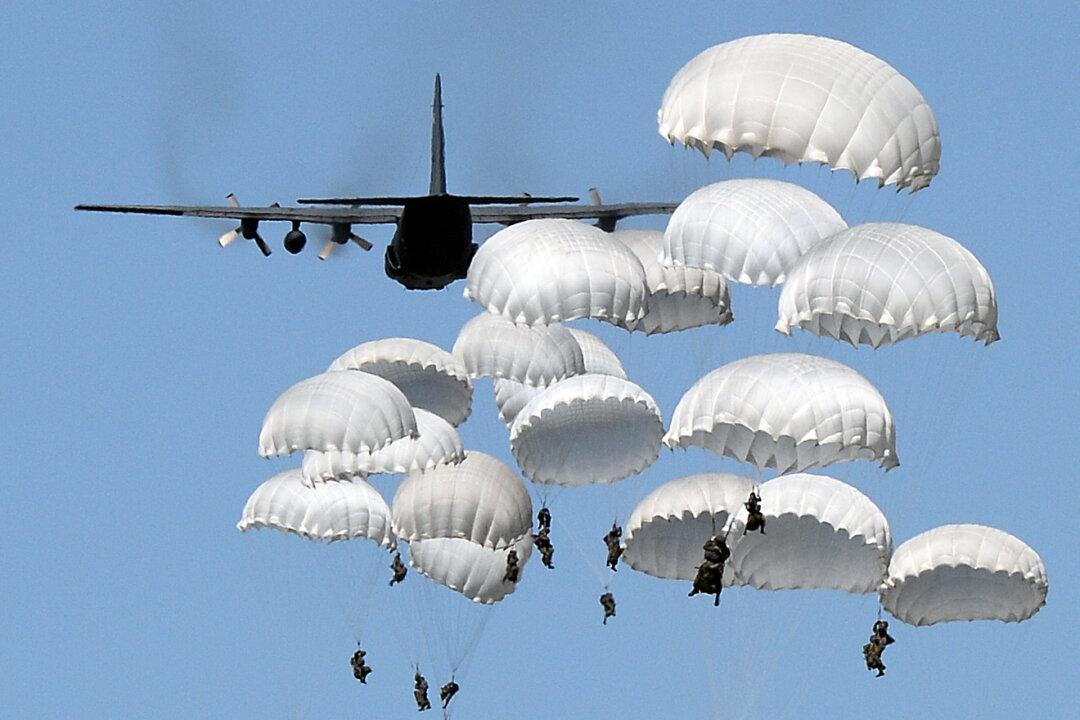Russia warned on Feb. 12 that a “new world war” is starting in Syria. Russian President Vladimir Putin followed this recently by holding military exercises with intercontinental ballistic missile launchers on display. Putin also fired all officers in his naval fleet in the Baltic Sea, allegedly because they refused to confront NATO ships.
On Feb. 10, the United States announced it would double its military training and exercises with partners in Europe “in the face of Russia’s aggression.” More recently, NATO approved plans to send up to 4,000 troops in four battalions to Poland and the Baltic states to counter Russia. And from July 7 to 17, NATO allies are holding their largest military exercises since the end of the Cold War in Poland.
The tensions between NATO and Russia are reaching a crisis point, and a July 13 meeting between NATO and Russian ministers to ease these tensions has had little impact.
Each side accuses the other of “aggression” and “warmongering,” and each side is trying to one-up the other as they increase military presence and deterrents along the Russian border.





